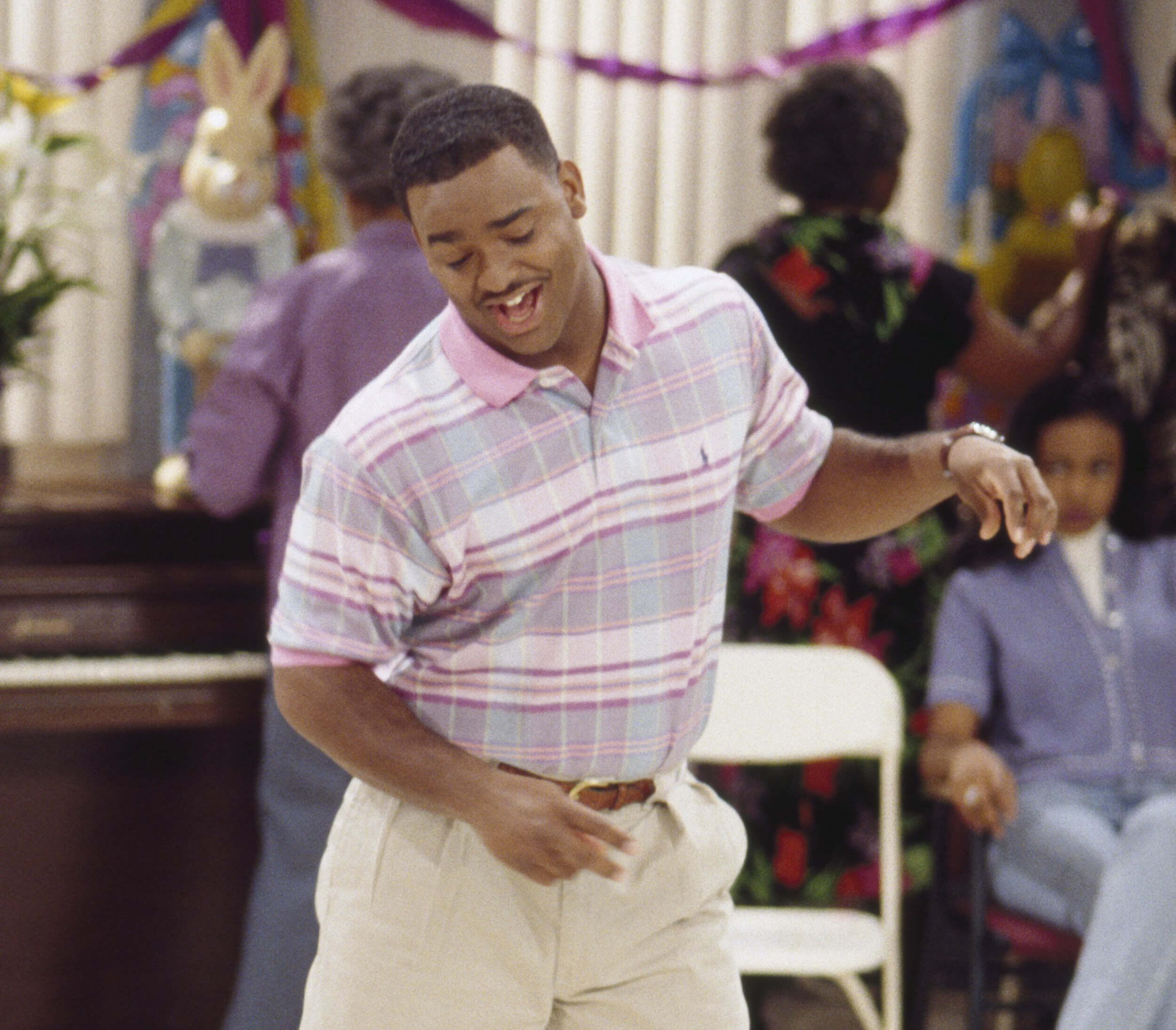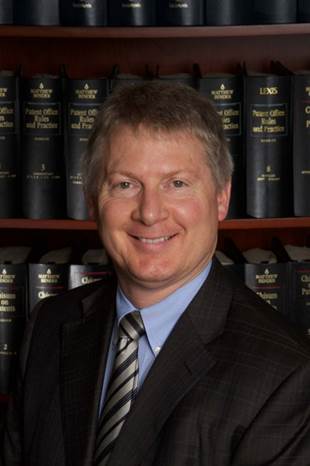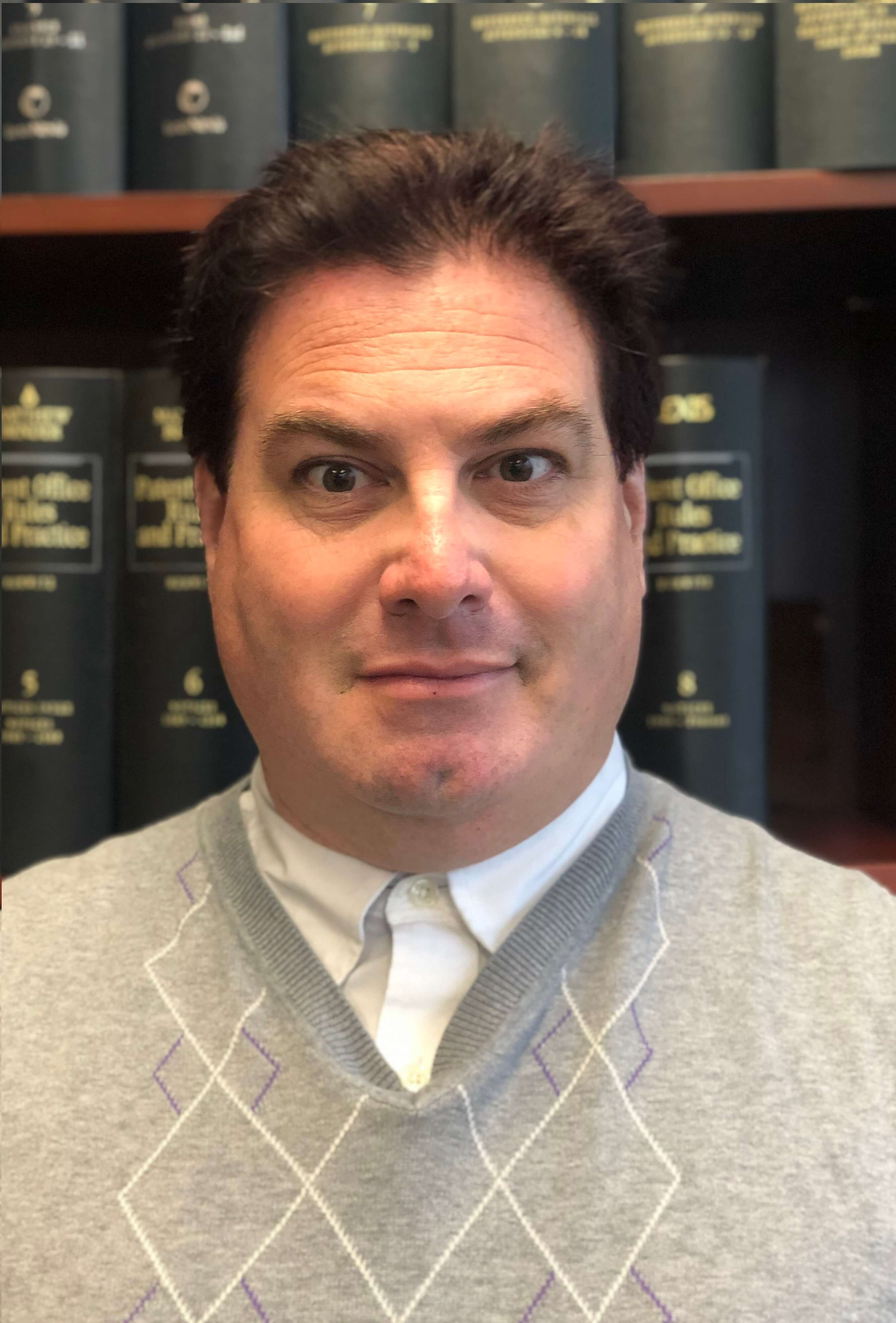Alfonso Ribeiro Denied Copyrights in the “Carlton Dance”

Takeaway: Simple dance routines are not creative enough to merit copyright protection as choreography according to the Copyright Office.
Recently, the Copyright Office denied the “Carlton dance” copyright protection. The Copyright Office reasoned that the Carlton dance was merely a simple routine that did not reach the level of creativity for protection under the copyright laws. Typically, choreographic works, such as extensive dance routines you may see at a play or dance competition, are considered to be copyrightable. However, a simple set of dance steps is not enough to be copyrightable.
With that said, Alfonso Ribeiro, the actor from The Fresh Prince of Bel Air that made the Carlton dance popular in the first place, has sued Epic Games and Take-Two Interactive Software for using the dance in their video games. Alfonso Ribeiro has alleged in the lawsuit that he owns a copyright in the dance routine.
9th Circuit Judge Reinhardt’s Vote Does Not Count after His Death
Takeaway: “Federal judges are appointed for life, not for eternity.”
The Supreme Court has officially ruled that a judge may not cast a vote in a decision after they have passed away. Recently, Judge Reinhardt of the 9th Circuit Court of Appeals passed away. Before his death Judge Reinhardt wrote an opinion and voted on a ruling of that case. However, the ruling was not actually announced until 11 days after Judge Reinhardt passed away.
This week, the Supreme Court decided that Judge Reinhardt’s opinion was void because to hold otherwise would mean that a judge could essentially rule after their death. The Supreme Court reasoned that because a judge can change their opinion up until the ruling is rendered, the decision was not final until after Judge Reinhardt passed away, and therefore, was not valid. The Supreme Court stated in their opinion that “federal judges are appointed for life, not for eternity.”
Photographers Should Beware of Kodak’s Kodakit Terms and Conditions
Takeaway: Always read the terms and conditions when working as a freelancer as you may not know what you are giving up.

Recently, Kodak created a photography service that helps connect photographers with companies that are looking for photography. This service seems like a great opportunity for both photographers and businesses to find work or services. However, there is a catch. The terms and conditions of the service require photographers to give up their entire copyright in their works if they use the service. Additionally, the photographers are not allowed to use the photos they take during the service for self-promotion or claim that they took the photos without written consent.
This may be alright with some photographers because they would be paid for their work as a photographer. However, some photographers may not know that they assigned their intellectual property over to a client if they did not read the terms and conditions. This is why it is always important to read a contract before doing work for someone.
Apple Is Closing Two Store Locations that May Prevent Further Litigation in the Eastern District of Texas
Takeaway: Apple has decided to close its store locations in the Eastern District of Texas to avoid patent litigation in that district..
Apple has decided to close two of its locations in the Eastern District of Texas and will be opening a new location a short distance away, which happens to be just over the boarder of the district court lines. The new location would be in the Northern District of Texas, which does not carry the same reputation for being plaintiff friendly in patent disputes.
After the decision by the Supreme Court in TC Heartland, this move may make a lot of sense. In that case, the Supreme Court decided that a company can only be sued in the district where it resides. A subsequent decision interpreting the ruling in TC Heartland also determined that simply having an employee working from home in the district is not enough. Because Apple has frequently been sued in the unfavorable Eastern District of Texas, this move may be wise financially.
New Bill Adds to Reporting Requirements in the Event of a Breach
Takeaway: California seeks to add biometric data and passport information to list of data that needs to be reported stolen in the event of a breach.
California’s Attorney General has announced a bill that would add to the California Consumer Privacy Act (“CCPA”). The goal of the bill is to add personal information such as biometric data and passport numbers to the CCPA. Under the current notification laws of the CCPA, there are no reporting requirements for breaches that compromise biometric data and passport numbers.
Now, California’s Attorney General seeks to change that in light of the recent Starwood (a Marriott company) hack. In that incident, hackers obtained approximately 5 million passport numbers. Although Starwood was not required to report the theft of this information, they did so anyway..
Currently, if stolen data includes driver’s license numbers, banking information, passwords, Social Security numbers, or medical information, then the company that had that information stolen from them must report such a breach. This may soon include biometric data (such as your fingerprint stored in a phone) or passport numbers.
Cislo & Thomas LLP Spotlight
 Kelly W. Cunningham, Esq. Celebrates 20 Years at Cislo & Thomas
Kelly W. Cunningham, Esq. Celebrates 20 Years at Cislo & Thomas
Congratulations to Attorney Kelly W. Cunningham, Esq. for 20 years of service at Cislo & Thomas!
Mr. Cunningham is highly experienced in patent, trademark, and copyright infringement litigation, spanning numerous district courts and appellate courts throughout the country. He is well respected by courts and opposing counsel alike for coming up with creative solutions for resolving disputes in his clients’ favor.
 Chris Eckart Celebrates 20 Years at Cislo & Thomas
Chris Eckart Celebrates 20 Years at Cislo & Thomas
Congratulations to paralegal Chris Eckart for 20 years at Cislo & Thomas!
Thank you Kelly and Chris for your commitment to helping our clients achieve their intellectual property goals!



